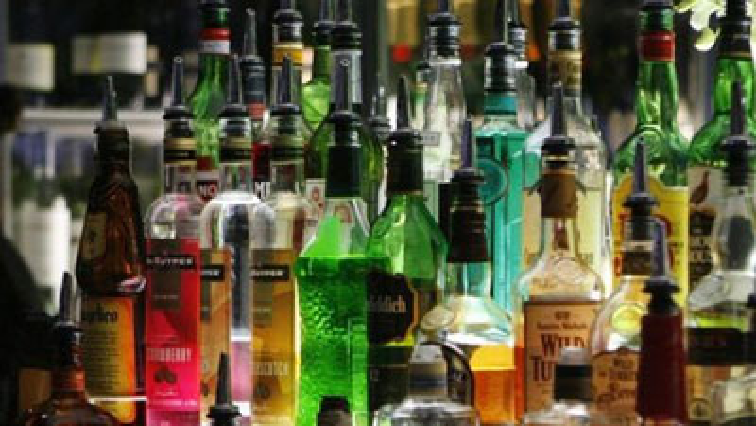A virus like COVID-19 no doubt requires novel approaches to limiting its spread. Governments the world over have been caught unawares by this virus and its implications for its people and economies. While South Africa has seemingly done some good work in terms of immediate action to limit the spread of infection, the hard work is still far from over, especially when dealing with something with so many unknowns.
Lockdown regulations have and will continue to be an iterative set of regulations and while they are amended according to reasonable social and economic requirements, the different lockdown levels will mean different things for the South African people and economy. Because the economy has barely breached the 2% growth mark for almost five years, COVID-19 cannot be seen as the only contributor to our economic woes.
While the focus of business is to be profitable and contribute to the economy, in this time it is perhaps important for businesses to conduct themselves in a manner that shows good business practice in a way that benefits people. At a time like this, should we not cast a closer eye at responsible business practices, from how companies are managing staff during this national state of disaster to how their business practices have an impact on consumers?
King IV is particularly focused on corporate governance that should be concerned with ethical leadership, attitude, mindset and behaviour. The behaviour part is of particular interest as we look at the ban on alcohol sales and consumption in South Africa during this lockdown period.
A few key players make up the bulk of the alcohol industry in South Africa. Alcohol imports into South Africa make up a small percentage of the alcohol purchased and consumed. Government proposed a 7.4% to 9% increase excise duty on alcoholic beverages for 2019/20, which means “the targeted excise tax burden for wine, beer and spirits is 11%, 23% and 36% respectively.”
When the ban on alcohol sales was announced pre-lockdown, we saw a run on alcohol retailers, where those who could afford to stockpiled these goods, ensuring that both the liquor companies and government were covered in advance for consumption that would have essentially happened over a few months versus one or two days.
The closure of taverns and shebeens, however, has unfortunately meant a significant loss of income for a lot of people across South Africa, particularly in poorer areas. While the measures ensure safety in terms of social distancing and lockdown regulations, perhaps income relief measures for these businesses should be sought, bolstered by government. Could this not present an opportunity for large alcohol distributors and suppliers to look at measures to assist their key customers such as taverns and the like, by redistributing some of the profits that they have made from servicing these township economies into necessary food deliveries to ensure that tavern owners and customers can survive for now? Large alcohol companies have incredible distribution and logistics networks which could be used to do some major good right now by joining forces with government to aid in the distribution of care packages, testing units, and the like.
What of alcohol production?
This remains important. In all manner of speaking, production is largely agricultural in its process. So farmers should be allowed to farm and produce under strict protocols in line with social distancing and stringent testing of workers, providing them a safe working environment. Perhaps the government could look to allowing exports to continue since some markets are open to the sale of liquor, which would benefit the South African economy.
Economies cannot run without people. If people are unable to work because of the virus, they cannot contribute to the economy. If the argument is for production to continue in terms of the alcohol industry, that is understandable as it keeps people in work and maintains some degree of purchasing power, which all contributes to the economic system.
The sale and consumption of alcohol for now, however, remains concerning and is probably the correct measure in this “situation unknown”, as it were. Liquor control measures will play an important part in “breaking the coronavirus chain,” according to the Southern African Alcohol Policy Alliance.
Warnings of limited to no alcohol consumption right now have not been heeded, even as the Southern African Alcohol Policy Alliance warns that, “the consumption of liquor affects the immune system, making one more vulnerable to illness”. The truth of the matter is that socialising and gathering will forever be changed by this crisis and gathering with or without alcohol will be different going forward.
As the lockdown levels look set to decrease steadily as more scientific data emerges, it is important to reiterate that this is momentary. There is a momentary break in alcohol sales for retailers, taverns, shebeens and bars because social distancing is important for now. Our hospital emergency rooms remain clear and ready to deal with relevant and Covid-related emergencies because they are not being clogged up with alcohol-related emergencies. They have room to prepare and ramp up for a spike in infections. Road fatalities are also significantly down – all positives for our society at the moment.
So the alcohol industry, like a lot of other businesses, are taking a hit at the moment. Is it not a time for all business sectors to perhaps take this moment to review their successes and take this necessary pause to consider people over profits, even for this brief moment?
Tebele Luthuli is the MD of Business Against Crime South Africa


